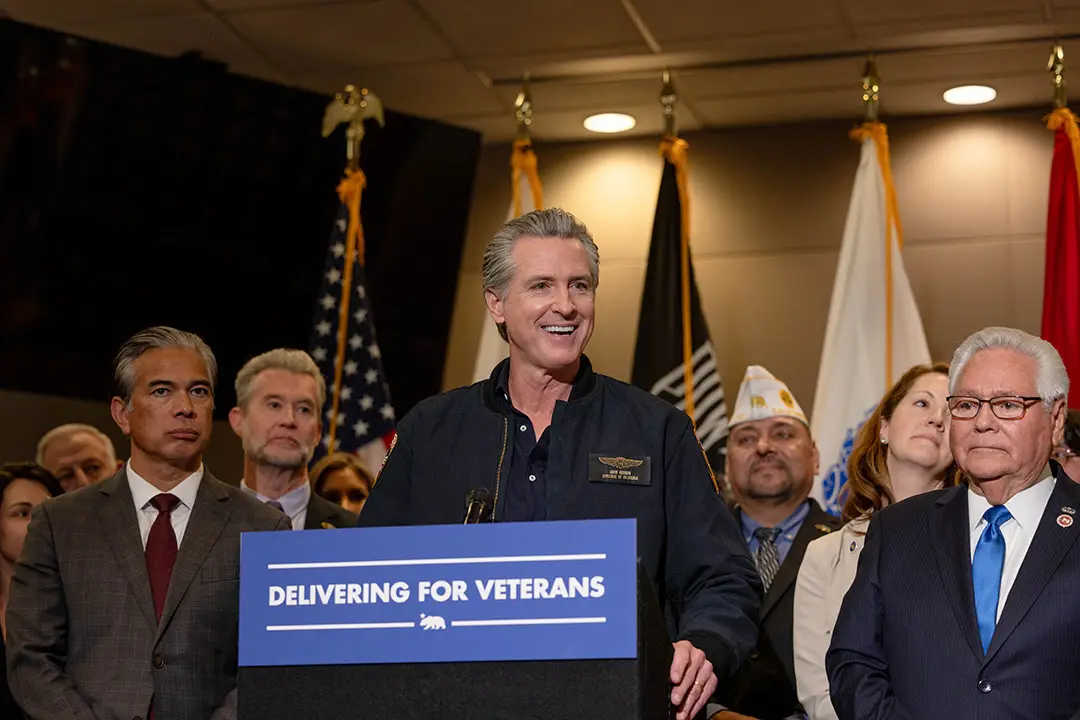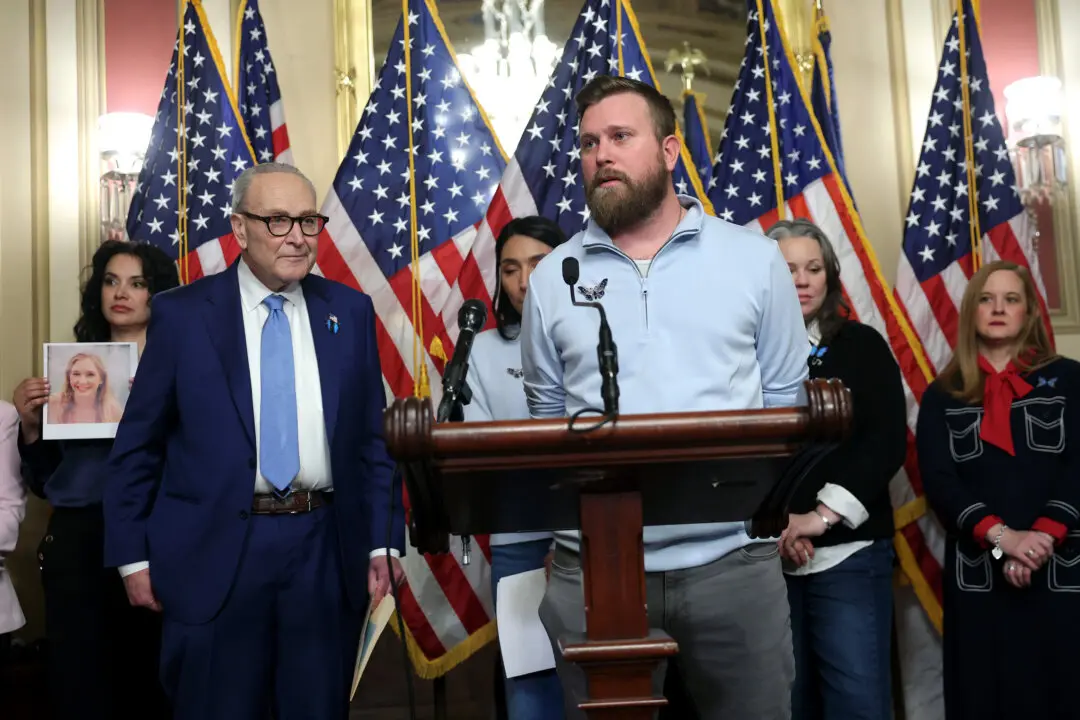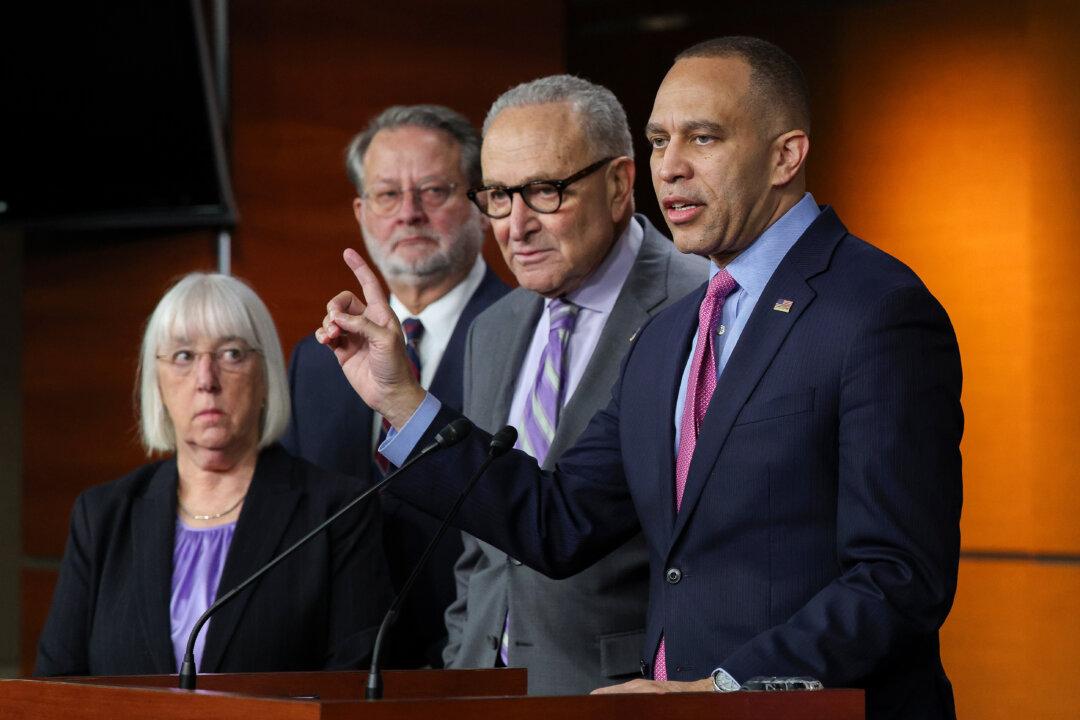Months of debate in the Tennessee Legislature over gun control following the deadly Covenant School shooting came to an end on Aug. 29, as both chambers concluded their business in a special session called by Republican Gov. Bill Lee.
The session, which was announced shortly following the shooting in which three adults and three children were murdered, was officially called to focus on public safety. The governor, in his call for the session, laid out a narrow but detailed list of what legislation could and couldn’t be proposed during the session.





